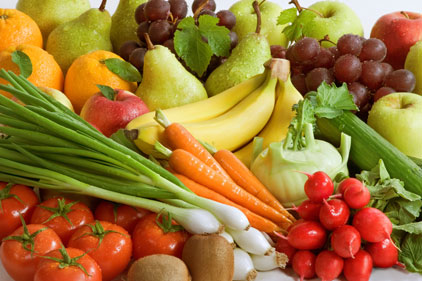Attorneys told WSJ that at least 100 suits -- most filed on behalf of consumers seeking class-action status -- have been filed in the past two years challenging the natural claims of dozens of brands, including Unilever's Ben & Jerry's, Kellogg's Kashi, and Beam Inc.'s Skinnygirl alcoholic beverages.
Natural claims have proved powerful marketing tools: Foods bearing these claims generated more than $40 billion in U.S. sales (second only to foods with "low fat" claims), according to Nielsen.
However, food makers' use of the natural claim has generated increasing controversy, because the Food and Drug Adminstration has never established a formal definition of the term.
In September, three Congressional representatives introduced a Food Labeling Modernization Act that would define common claims such as "natural" and "healthy," as well as create a single, federal, standard front-of-package label and require greater disclosure of sugar and caffeine content.
While the outcome of that proposal is likely not to be clear for some time, in the meantime, lawyers told WSJ that food and beverage companies are pulling back from the natural claim because the risks now outweigh the benefits.
According to Datamonitor, just 22.1% of food products and 34% of beverage products launched in the U.S. during 2013's first half claimed to be natural, down from 30.4% and 45.5%, respectively, in 2009.



